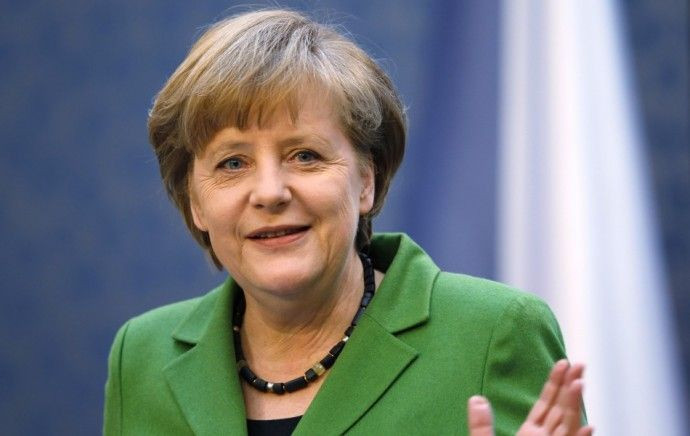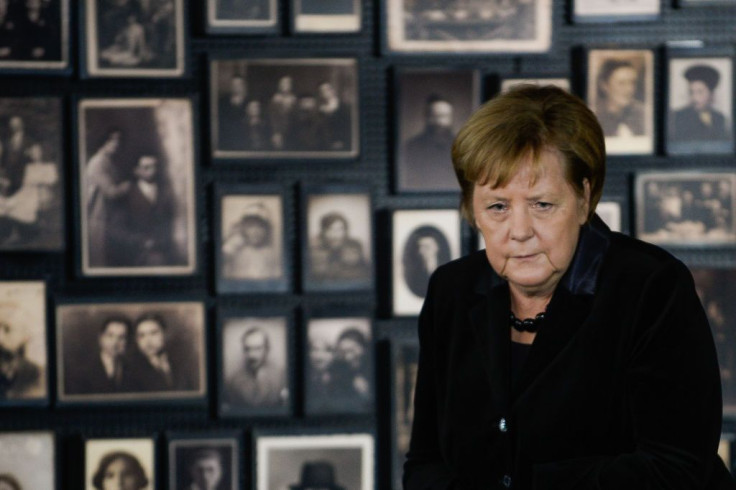
German Chancellor Angela Merkel expressed a feeling of “deep shame” as she stood at the site of the former Nazi German death camp of Auschwitz-Birkenau, where under Adolf Hitler's reign, over a million inmates were subjected to barbaric crimes and eventually murdered. Merkel was accompanied by Polish Prime Minister Mateusz Morawiecki on the tour on Friday. The politicians visited the site of executions, the conservation laboratory and the like.
This was followed by Merkel making a donation of 60 million euros or $66.6 million to the Auschwitz Foundation. The funds come in addition to the 60 million euros that were donated when the fund was launched a decade ago. In regards to the first donation, half comes from the federal government and half from the German states, an acknowledgment of the German nation's responsibility. The money will be directed towards building and conserving the remnants of the site—the barracks, watchtowers, and personal belongings of the deceased.
The German politician noted that the decision to visit came amid growing anti-Semitism and historical revisionism, and voiced that due efforts were being made to ensure Germany no longer tolerated anti-Semitism. The statement was supported with an implication that the country will continue to make due efforts to remembering the unfathomable injustice meted out to Jews, Poles, Roma, Sinti, Homosexuals, and several other groups.
Merkel took over as the chancellor in the year 2005 and has paid multiple visits – precisely five— to other concentration camps like Yad Vashem, Israel's Holocaust museum and memorial.
“Nothing can bring back the people who were murdered here,” she said. “Nothing can reverse the unprecedented crimes committed here. These crimes are and will remain part of German history and this history must be told over and over again,” she added.

Conservation of the possessions serves as a mark of the atrocities committed against the Jews. Ironically, Merkel began her visit to the site by seeing a crematorium and walking under a gate which has words emblazoned, “Work will set you free”. But, in reality, the prisoners were subjected to immediate execution, painful scientific experiments, or forced labor. The next spot was the site of executions, where Merkel and Morawiecki bowed before two wreaths bearing their nations' colors.
The stay lasting several hours also included a visit to the conservation laboratory spread across a complex campus where Jews were subjected to mass murder in gas chambers.
Still, Poland's Foreign Ministry labeled the visit as "historic," given unique status Auschwitz has in the world's collective memory. The ministry also noted that it was just the third visit of an incumbent head of a German government.
An estimated 1.1 million deaths were reported during World War II, where Nazi German forces subjected Jews to inhumane treatment at the concentration camp in Auschwitz-Birkenau complex. The camp was eventually liberated by the Soviet army on January 27, 1945.
© 2025 Latin Times. All rights reserved. Do not reproduce without permission.



